Breaking
- MENU

Much media attention was paid to the so-called Abrahamic Accords signed between Israel and the United Arab Emirates and Bahrain. Speculation amongst pundits is also rife that Morocco and Tunisia would soon normalize their relationship with the State of Israel. Historic as this may be, this would hardly be surprising. Rabat has had good relations with the Jewish state and with its own Jewish population. As for Tunisia, in many ways Tunisians are more French than Arab or Muslim. The current political trajectory of Tunisia – towards a secular Muslim state will only further accelerate this dynamic. It is laicite, not shari’a that is winning out in Tunisia.
Perhaps the most surprising country tentatively approaching full relations with Israel is Sudan. Islamists have held sway in this African country since 1969 when Dr. Hassan al-Turabi and his Islamists allied themselves with General Nimeiri who came to power in a military coup. By 1983, Turabi and his Islamists managed to convince Nimeiri to Islamize every aspect of Sudanese society. In September of that year, Nimeiri declared that shari’a law was the supreme law of the land. With the ending of Nimeiri’s military junta, there was a brief flowering of Sudanese democracy between 1985 and 1989. But Turabi and his reconstituted National Islamic Front were not done. They played a key role in yet another military coup that brought Brigadier-General Umar al-Bashir to power. The Islamization of society began once more with renewed vigour. A “jihad” was conducted against the largely Christian South, and various terrorists and terror groups called Sudan home, including Osama bin Laden. Consequently, Sudan found itself on the terror blacklist and the subject of crippling sanctions. During this time, Khartoum stood with various Palestinian groups and saw Israel as cancer at the heart of Middle East.
By April 2019, following sustained nation-wide protests, the army ousted Al-Bashir and the transition to civilian rule began. The current political status quo is an uneasy mix of civilian and military. Interestingly, the civilian rulers seem to be more hawkish on relations with Israel than the men in uniform. In February 2020, the military head of state General Abdel al-Burhan met with Israeli Prime Minister Netanyahu met in Uganda where the normalization of ties were discussed and agreed to. Later that same month, Israeli aircraft were allowed to cross into Sudanese airspace for the first time. The Prime Minister, however, - Abdullah Hamdok – opposes such normalization. There also seems to be a generational divide with younger Sudanese more open to full diplomatic relations with Israel. This came out strongly in a zoom call between Sudanese journalists and artists and their Israel counterparts this week.
To complicate matters further, there is the US who is pressurizing Khartoum to follow the lead of the UAE and Bahrain and normalize relations with Israel in exchange for billions of dollars of aid and Sudan’s removal from the terror list. Indeed, recent media reports suggest that the US provided Sudan an ultimatum this week to immediately normalize ties or face further economic isolation. The Trump Administration, it seems, wants another diplomatic win before the election.
The domestic economic situation in Sudan is dire with runaway inflation which has dampened private consumption and foreign investment deterred not just by Khartoum on the terror blacklist but also by the lack of enforcement of property rights, poor infrastructure and the challenges of doing business in the country. Given the current state of the economy, and in particular the agricultural sector, pragmatism might well win the day. The Sudanese Deputy Head of State, General Mohamad Hamdan Daglo, this month told Sudan24 TV that, “Israel is developed. The entire world works with Israel. For development, for agriculture – we need Israel”. The military leadership of Sudan also hopes to benefit from security cooperation with Israel. Perhaps, when examining ties with Israel, more states should discuss it in terms of more national interest considerations and less ideological ones. After all, such pragmatism lay at the basis of foreign policy formulation.
Note: This article was originally published in Middle East Tracker on 18 October 2020 and has been reproduced with the permission of the author. Web Link
As part of its editorial policy, the MEI@ND standardizes spelling and date formats to make the text uniformly accessible and stylistically consistent. The views expressed here are those of the author and do not necessarily reflect the views/positions of the MEI@ND. Editor, MEI@ND: P R Kumaraswamy
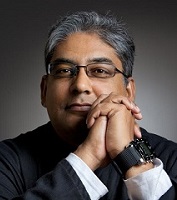
Prof Hussein Solomon is an expert on conflict resolution, fundamentalism. He is a member of the International Advisory Council of the Toda Institute for Global Peace and Policy Research in Hawaii
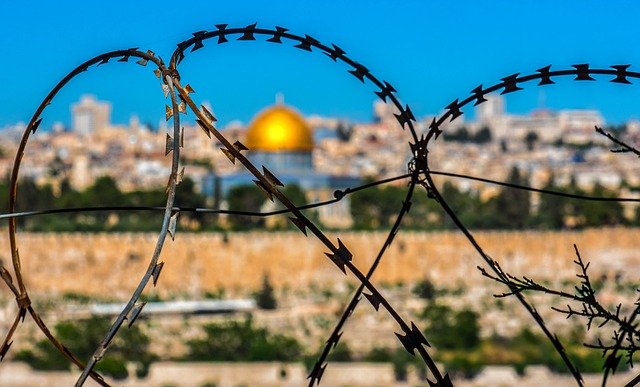
I’ve attempted to refrain from commenting on the Hamas-Israeli conflict, and failed. As an old.....
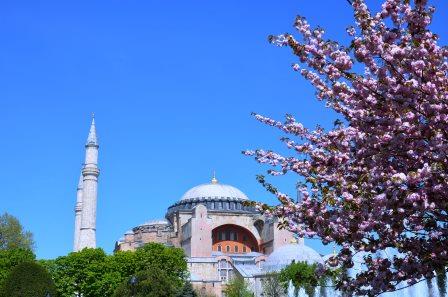
There is a wonderful story about Caliph Umar which I am particularly drawn to as a Muslim. Following.....
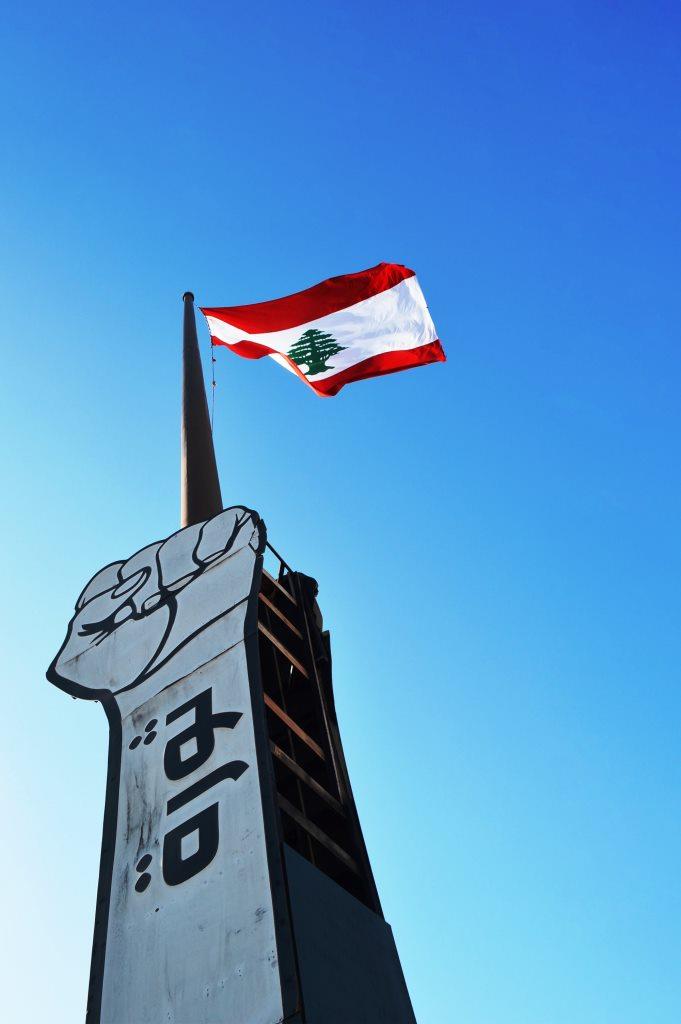
How does one manage a fractious polity with multiple identities existing amongst citizens? Some anal.....

Exploring the Interface between Rentier States and Authoritarianism The Middle East North Africa .....

As a child, this triple Abrahamic tradition in my family has always fascinated me as I attended a Ca.....
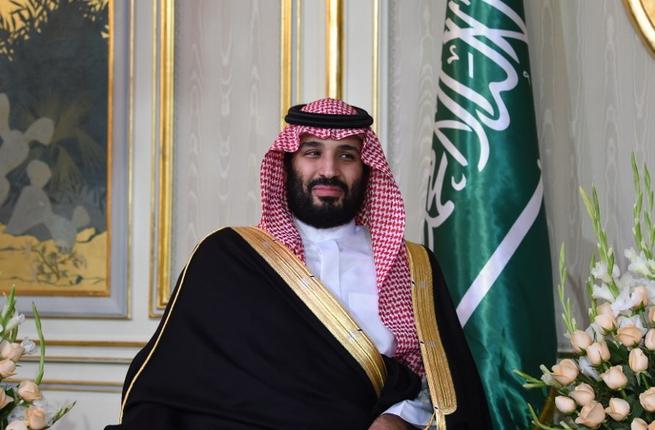
The ruling Saudi family has historically drawn their legitimacy from their proximity to the conserva.....
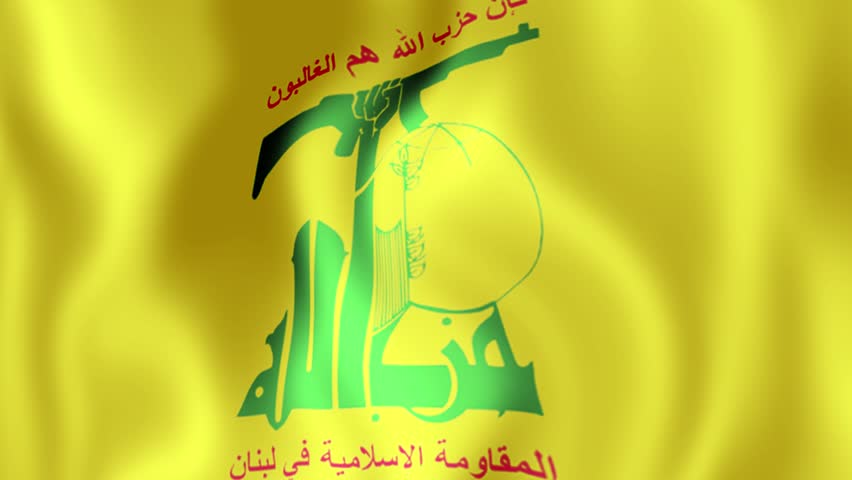
1. INTRODUCTION: FRAMEWORK OF ANALYSIS “Prior to September 11, 2001, Hezbollah was re.....
